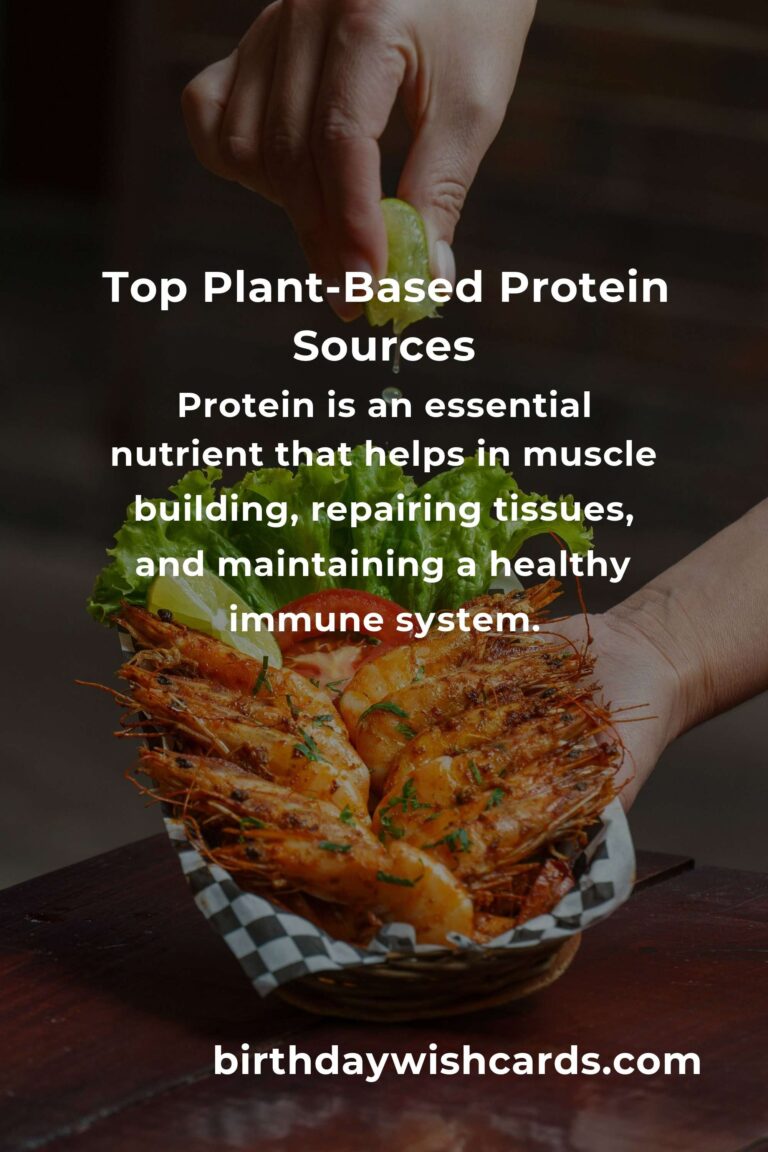
Healthy eating is often shrouded in mystery and misinformation. With countless diets and nutrition advice available, it can be daunting to figure out what truly constitutes a healthy diet. In this guide, we’ll demystify healthy eating secrets and provide practical advice for living a nutritious lifestyle.
Understanding the Basics of Healthy Eating
The foundation of healthy eating lies in balance, variety, and moderation. A balanced diet provides the nutrients your body needs without overconsumption of any one type of food. Variety ensures you get a range of nutrients, and moderation helps prevent overindulgence.
Eating from different food groups, such as fruits, vegetables, grains, proteins, and dairy, ensures that you are getting a well-rounded nutrient intake. Each food group offers unique benefits, and limiting consumption of processed foods can significantly improve health outcomes.
The Role of Macronutrients
Macronutrients, including carbohydrates, proteins, and fats, are essential for energy and bodily functions. Carbohydrates are the body’s primary energy source, while proteins are crucial for muscle repair and growth. Fats support cell function and hormone production.
Balancing macronutrients is key. Aim to fill half your plate with fruits and vegetables, a quarter with lean proteins, and the remaining quarter with whole grains. Healthy fats, such as those found in avocados, nuts, and olive oil, should be consumed in moderation.
Micronutrients: The Unsung Heroes
Micronutrients, including vitamins and minerals, support numerous bodily functions and prevent deficiencies. Vitamins such as A, C, D, and E, along with minerals like iron, calcium, and magnesium, are vital for maintaining health.
Incorporating a variety of colorful fruits and vegetables ensures a good intake of these essential nutrients. Consider adding leafy greens, berries, and nuts to your diet for a micronutrient boost.
The Importance of Hydration
Water is essential for life and plays a crucial role in maintaining healthy body functions. Staying hydrated aids digestion, regulates body temperature, and supports cognitive function.
Aim to drink at least eight 8-ounce glasses of water a day, more if you are active or live in a hot climate. Herbal teas and water-rich fruits like watermelon and cucumber can also contribute to your daily hydration needs.
Debunking Common Nutrition Myths
There are many misconceptions about healthy eating. One common myth is that all fats are bad. In reality, healthy fats are essential for our bodies. Another myth is that carbs should be avoided for weight loss, but complex carbohydrates are important for energy and satiety.
Understanding these myths and focusing on whole, unprocessed foods can help demystify healthy eating. It’s important to approach nutrition with a critical mind and seek advice from reputable sources.
Practical Tips for Implementing Healthy Eating
Start by making small, sustainable changes to your diet. Swap out sugary drinks for water, choose whole grains over refined ones, and incorporate more plant-based meals into your routine.
Planning meals and snacks can help you maintain a healthy diet. Keep healthy snacks like fruits, nuts, and yogurt on hand to avoid reaching for unhealthy options.
Listening to your body’s hunger cues and eating mindfully can also improve your relationship with food. Pay attention to portion sizes and eat until you are satisfied, not stuffed.
Conclusion
Healthy eating doesn’t have to be complicated. By understanding the basics, focusing on balance and variety, and debunking common myths, you can create a nutritious diet that works for you. Remember, small changes can lead to significant health benefits over time.
Healthy eating is often shrouded in mystery and misinformation. The foundation of healthy eating lies in balance, variety, and moderation. Macronutrients, including carbohydrates, proteins, and fats, are essential for energy and bodily functions. Micronutrients, including vitamins and minerals, support numerous bodily functions and prevent deficiencies. Water is essential for life and plays a crucial role in maintaining healthy body functions. Understanding myths and focusing on whole, unprocessed foods can help demystify healthy eating. Listening to your body’s hunger cues and eating mindfully can improve your relationship with food.
#HealthyEating #Nutrition #Wellness #BalancedDiet #HealthyLifestyle












